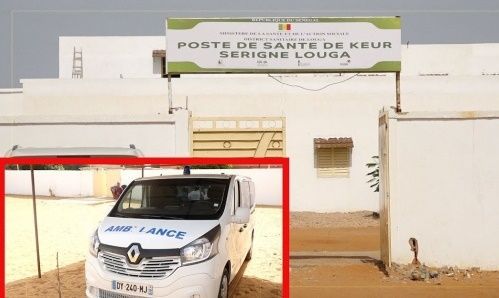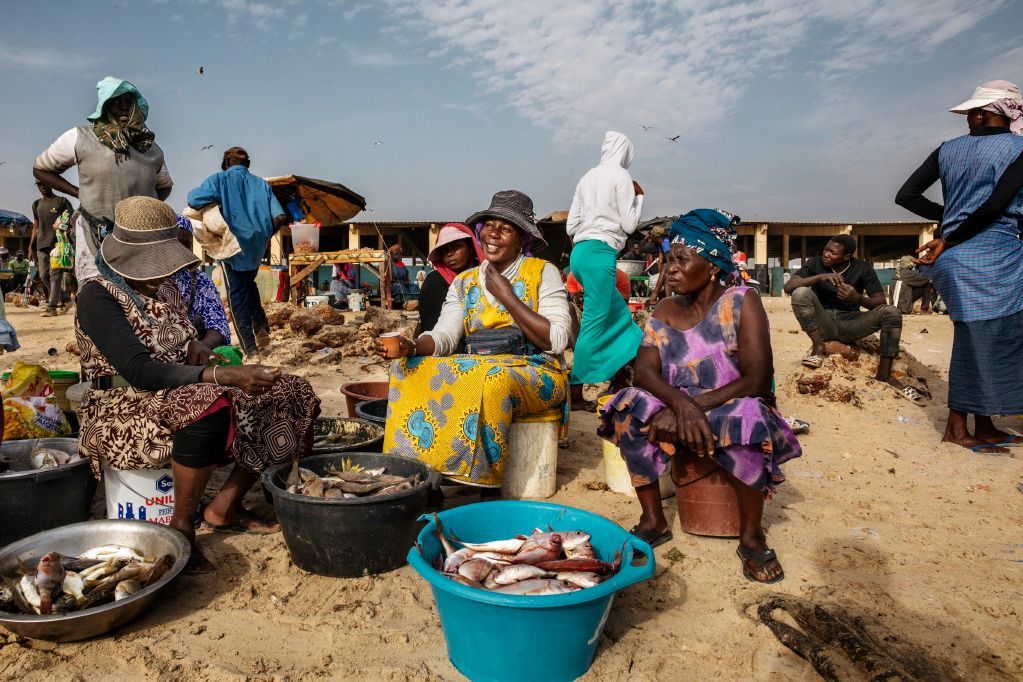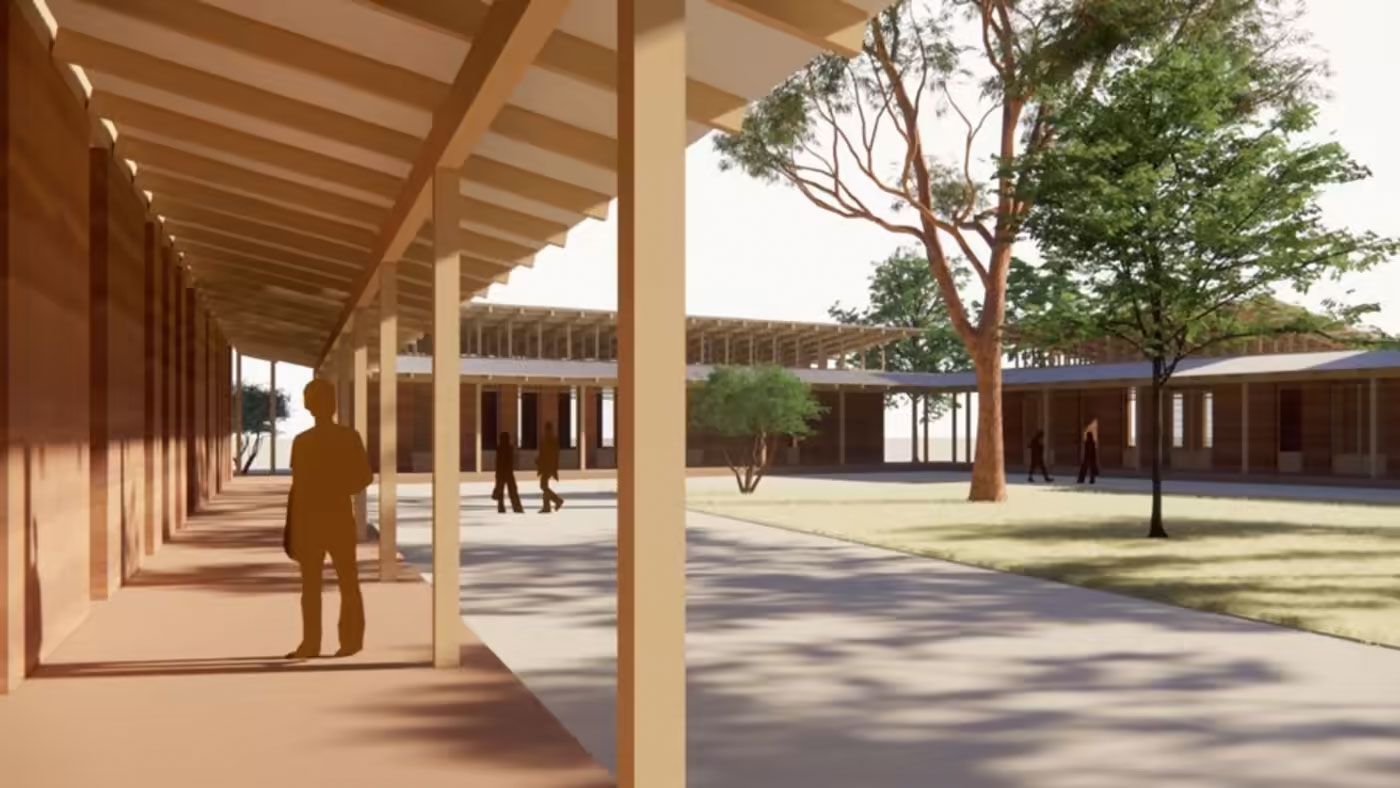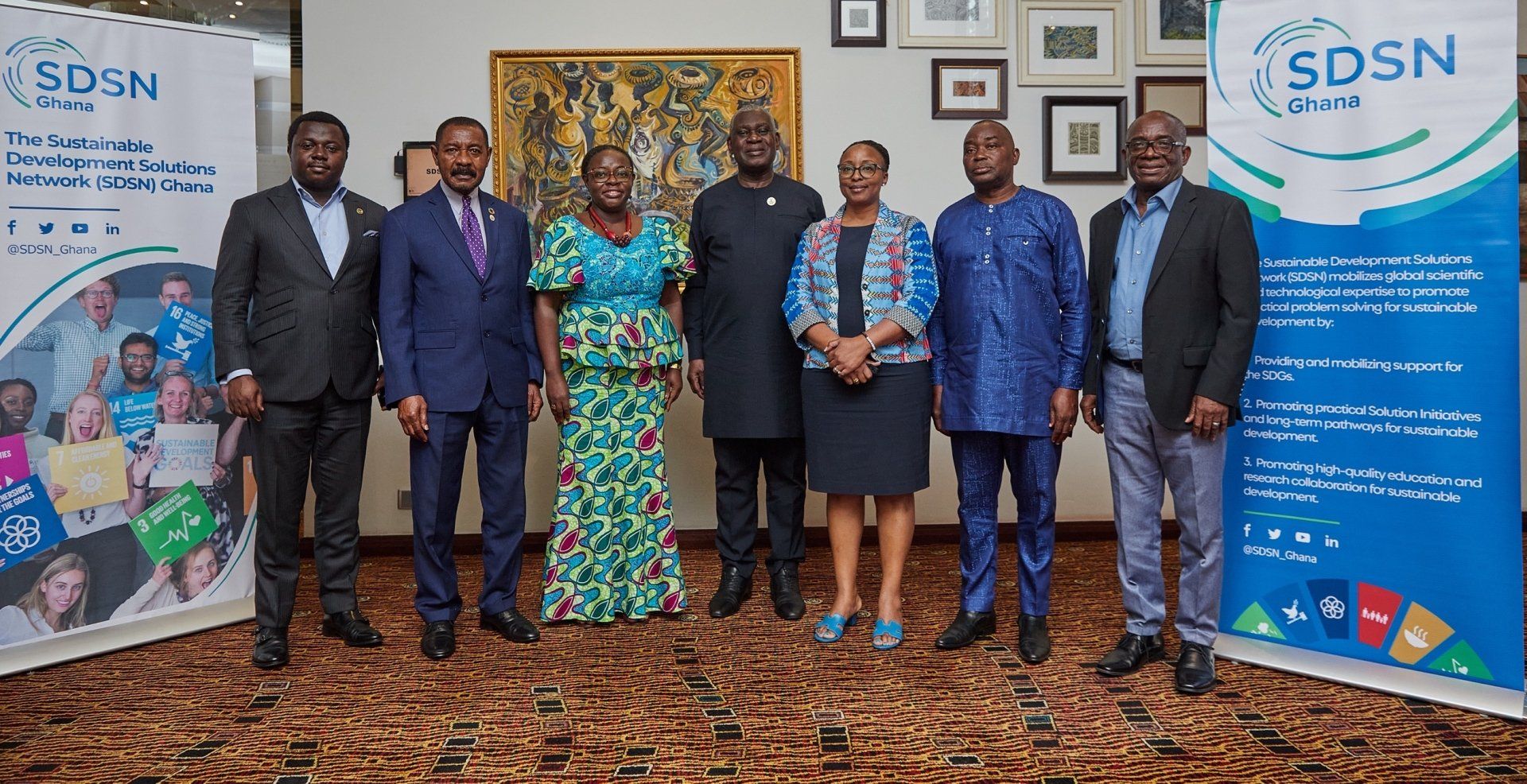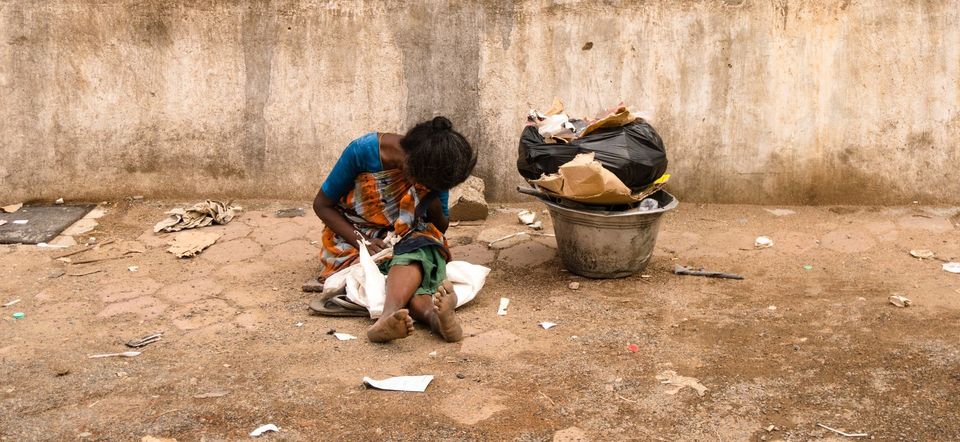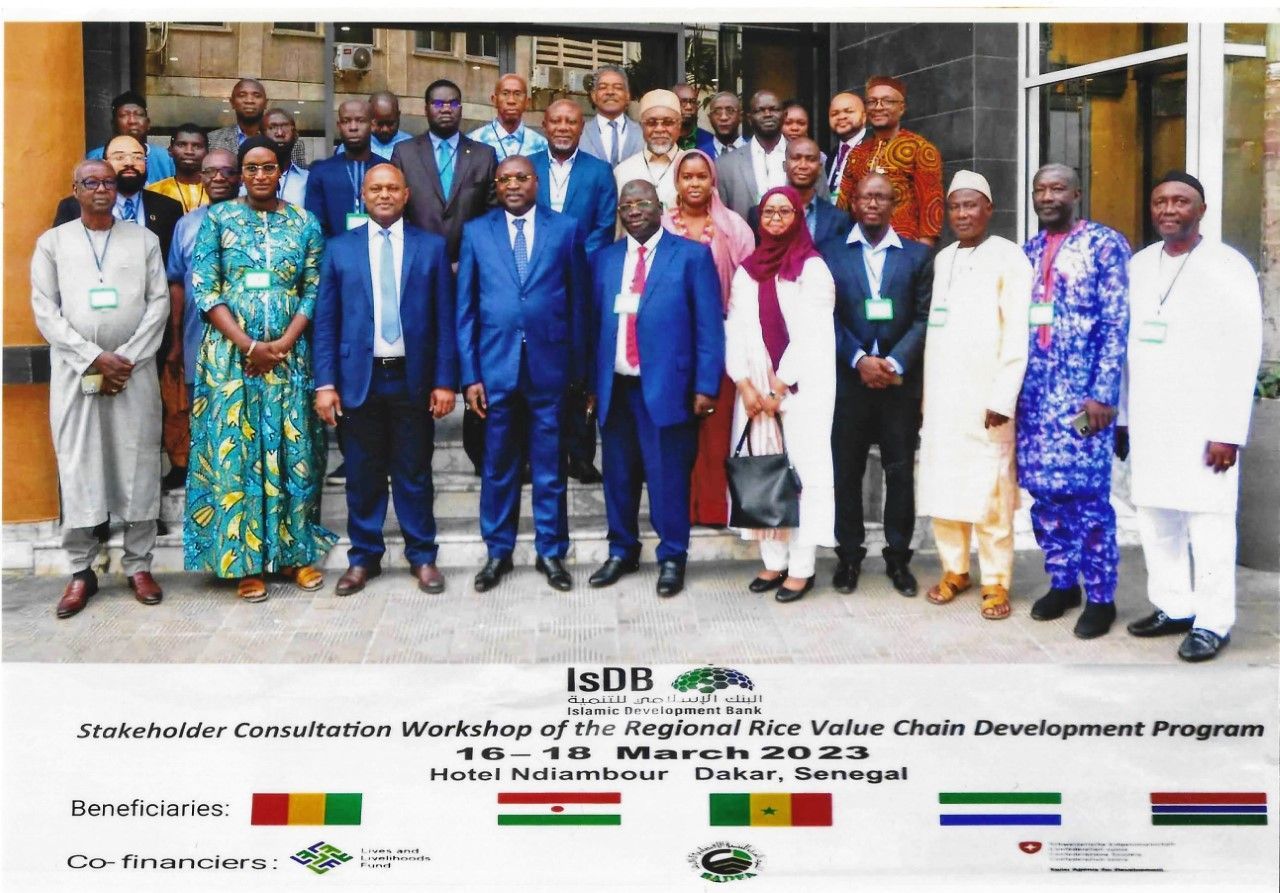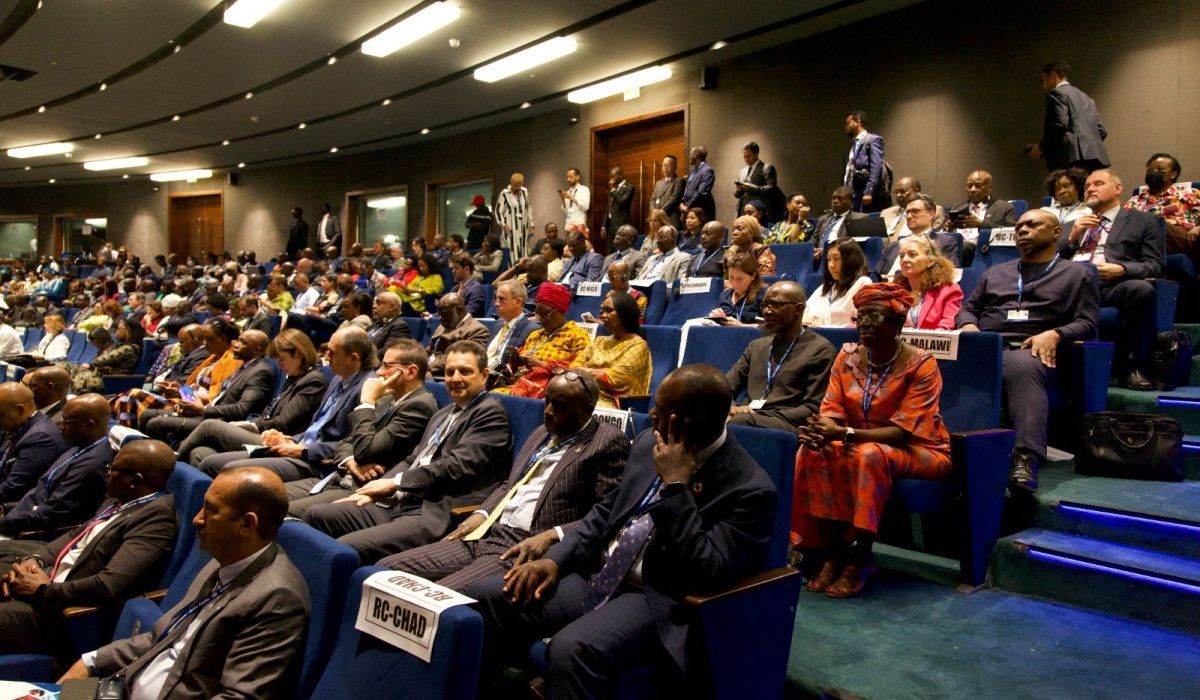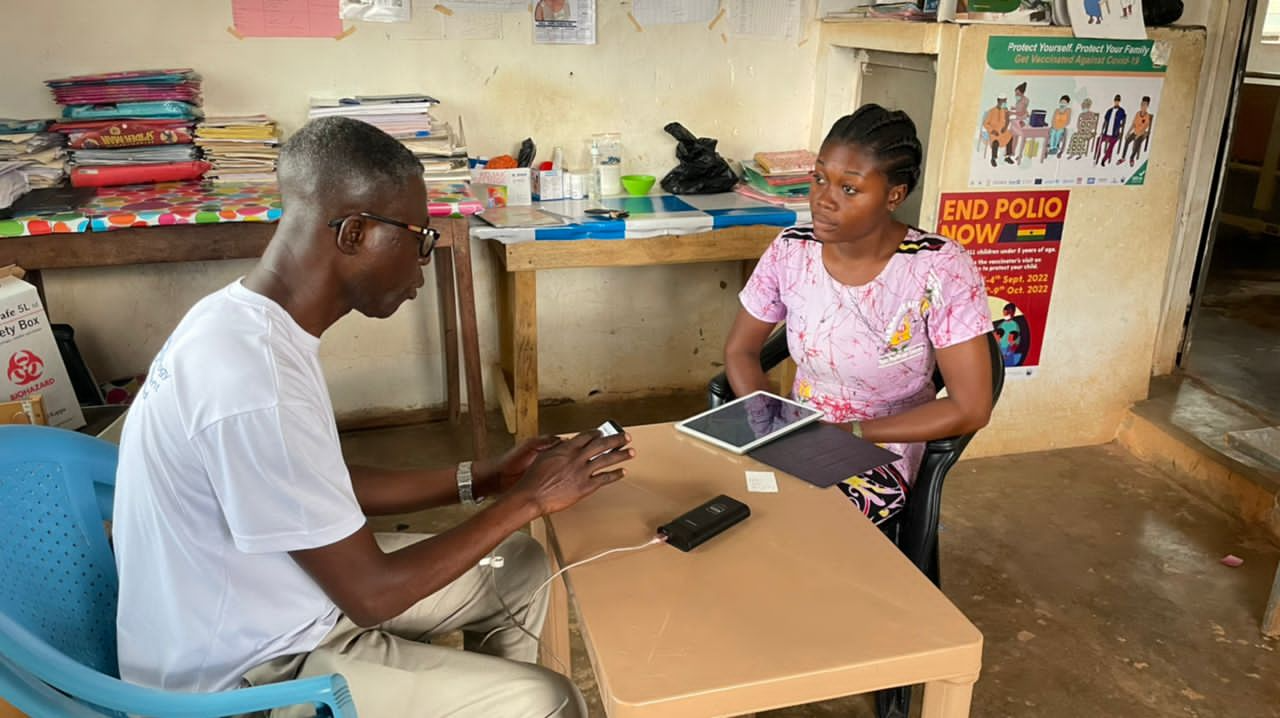New Millennium Village Site Aims to Improve Lives of 30,000 in Ghana
ACCRA, Ghana, 28 August 2012
A new Millennium Village to help 30,000 poor villagers to escape poverty in northern Ghana has been launched today with support from the Governments of the United Kingdom and Ghana.
The new Millennium Village site will include communities in some of the poorest sections of the West-Mamprusi and Builsa Districts of northern Ghana.
The effort includes a ten-year independent evaluation of the project, which will examine the various impacts of the project and help to provide evidence on the most effective ways of improving the lives of some of the world’s poorest people.
Development in northern Ghana lags behind the rest of the country. While the number of people living in poverty in southern Ghana has decreased by 2.5 million over the past 20 years, it has increased in the north by almost 1 million with the majority of people living below the poverty line.
The Millennium Villages Project seeks to help rural communities in Africa fight poverty, hunger, and disease, by improving health systems, fighting hunger and malnutrition, and promoting business development, with the aim of helping the communities achieve the Millennium Development Goals.
In addition, Britain’s Department for International Development will also provide assistance to support the Government of Ghana and civil society’s engagement with the project, and to promote substantive discussion and analysis of the evaluation reports.
The findings of the evaluation will make a major contribution to the growing knowledge-base of best practices in development and to increasing the effectiveness of efforts to reduce extreme poverty.
President John Mahama of Ghana, UK International Development Secretary Andrew Mitchell, director of the Earth Institute at Columbia University Jeffrey Sachs, and other representatives from the Government of Ghana formally launched the Millennium Village in northern Ghana today.
“Donor assistance should be utilized in the most effective ways possible,” said Sachs. “The Millennium Villages Project aims to deliver rapid progress towards the Millennium Development Goals through investments spanning agriculture, health, education, infrastructure, and business development.
Moreover it can provide a useful framework for national policy makers, and therefore aims to benefit host countries far beyond the Millennium Villages themselves. My colleagues and I are deeply grateful for the UK’s far-sighted assistance efforts. Those strong efforts are admired worldwide.”
Speaking at the launch of the new project, Britain’s International Development Secretary Andrew Mitchell said: “Britain is determined to help Ghana end its reliance on aid and pull itself out of poverty for good.
This new Millennium Village aims to improve the health, education and job prospects of thousands of villagers in northern Ghana, kick-starting development in one of the poorest areas. Our independent evaluation of the village will ensure that our aid is spent as efficiently as possible.”?
The MVP is a comprehensive approach that uses evidence-driven methods and community engagement to reduce extreme poverty. Now directly reaching approximately 500,000 people in 10 countries across sub-Saharan Africa, the project is also supporting national efforts by the governments of Nigeria, Rwanda, and others.
The MVP includes an integrated set of community-led interventions to help achieve the Millennium Development Goals. The project has facilitated improved malaria control, increased farm yields, and increased access to safer water, basic health care, and food security.
The project in Ghana will aim to:
- Increase skilled staff delivering basic health care services — for instance, by aiming to increase the proportion of births attended by skilled health workers
- Remove barriers to family planning services — for instance, by aiming to increase the contraceptive prevalence rate
- Improve income earning opportunities — such as through increased crop yields, better access to financial services, and promoting cooperatives and small enterprises
- Strengthen local institutions and community capacity — to increase involvement by the local community and to ensure the sustainability of results
- Ensure access to quality primary and secondary education, and achieve universal enrollment in primary school
- Increase access to safer water and improved sanitation — for instance, through constructing ventilated pit latrines, drilling wells, and protecting natural springs
- Achieve better connectivity within the site and beyond — for instance, through improved roads, extended access to electricity, and greater mobile phone coverage
Notes to Editors
DFID will provide up to $18.1 million (£11.5 million) over the next 5 years to support the Millennium Villages Project.
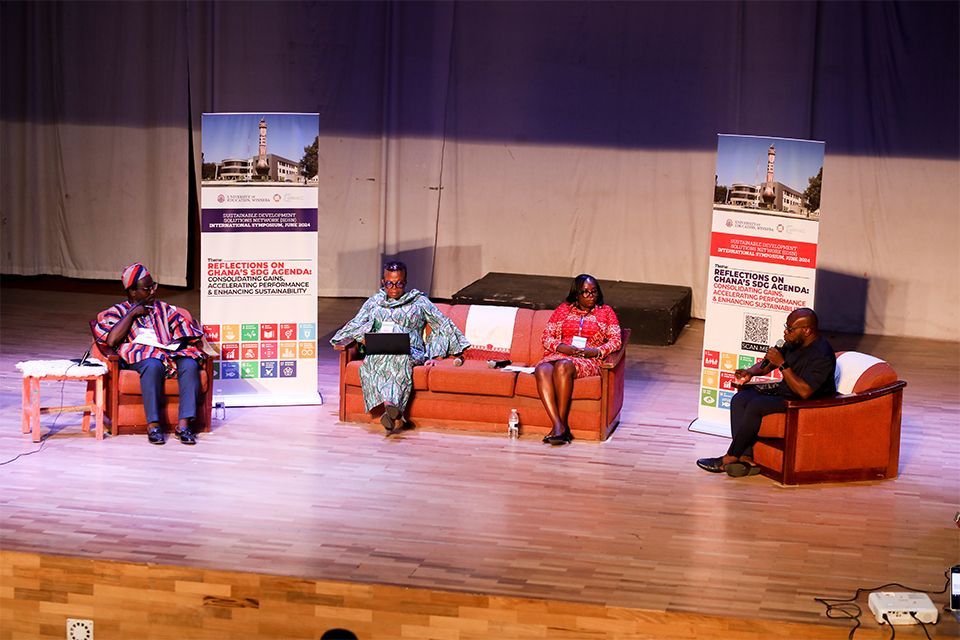
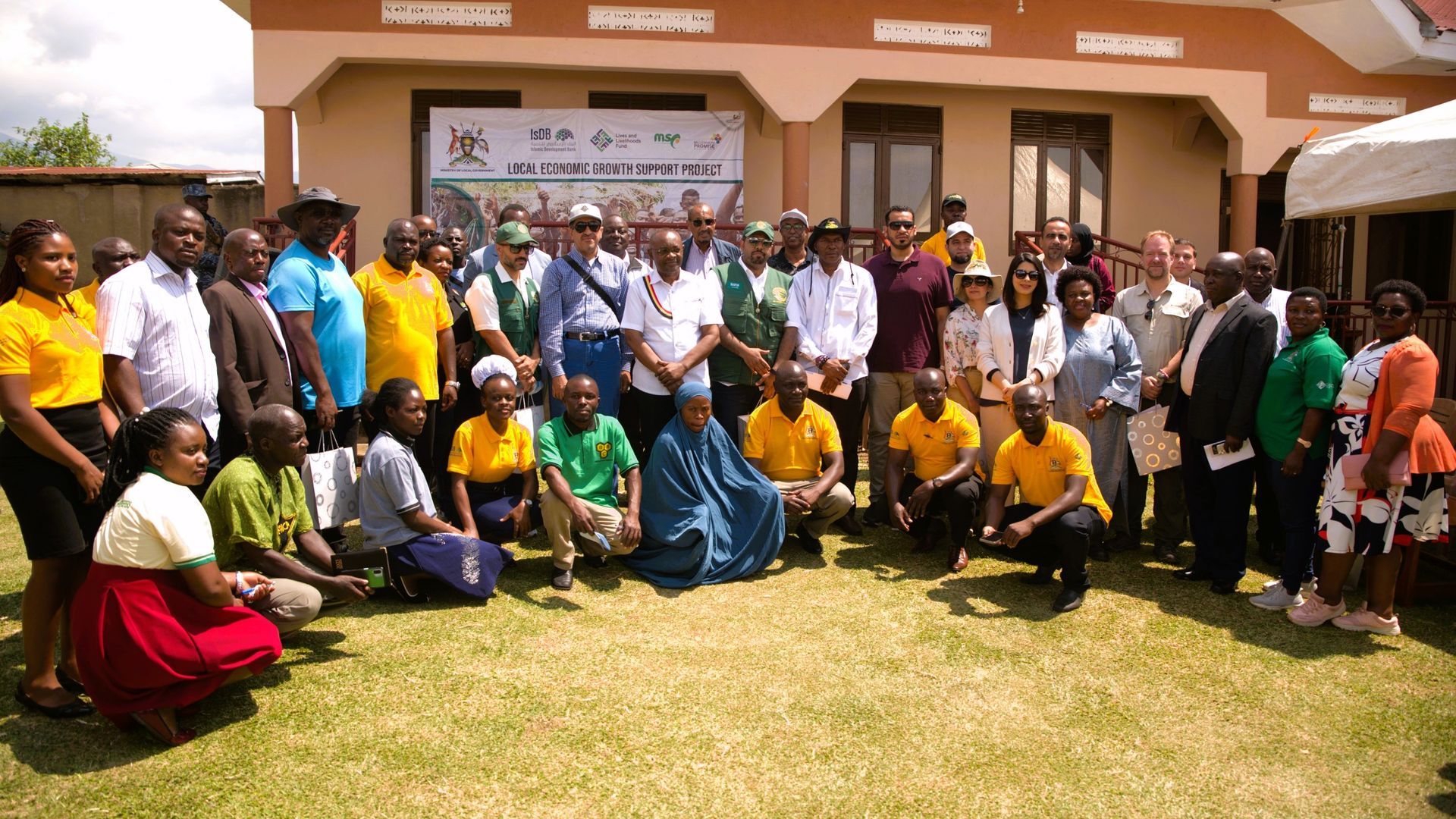
Lives and Livelihoods Fund Engages with Ugandan Officials to Boost Economic Growth and Food Security
